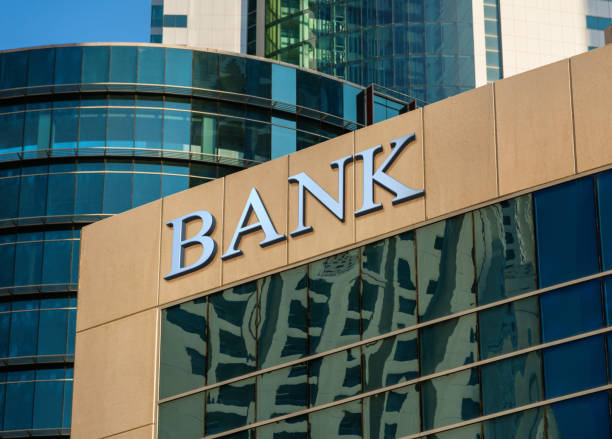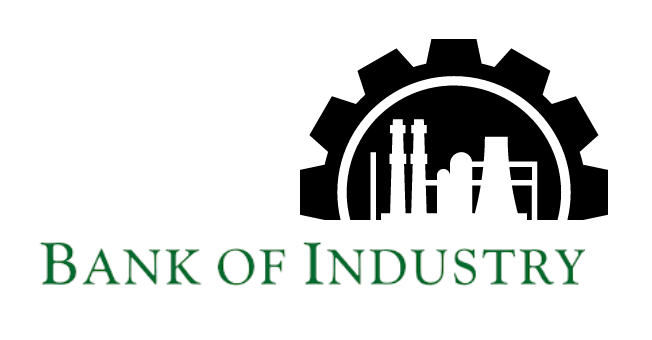News
Banks in Asia und Europe after Silicon Valley Bank crashed
Bank shares in Asia and Europe have fallen despite reassurances from US President Joe Biden that the American financial system is safe after the collapse of two US lenders. The collapse of Silicon Valley Bank and Signature Bank has raised concerns that other lenders may also be hit by the fallout.
Advertisement

Despite reassurances from US President Joe Biden that the American financial system is secure after the collapse of two US lenders, bank shares in Asia and Europe have slumped. Concerns have arisen after authorities took measures to protect customer deposits following the collapse of Silicon Valley Bank (SVB) and Signature Bank. While Biden promised to do “whatever is needed” to protect the banking system, investors fear that other lenders could still be impacted by the fallout. On Tuesday, Japan’s Topix Banks share index dropped by over 7%, putting it on track for its worst day in three years. Mitsubishi UFJ Financial Group, the country’s largest lender by assets, saw its shares decline by 8.1% during mid-day Asian trading. Additionally, on Monday, the share prices of Spain’s Santander and Germany’s Commerzbank fell by over 10% at one point.
Even with reassuring customers of their liquidity to protect themselves from shocks, a series of smaller US banks suffered even greater losses than their European counterparts. This volatility has raised speculation that the US Federal Reserve may pause its plans to continue raising interest rates to manage inflation. Following the collapse of Silicon Valley Bank, President Joe Biden promised that individuals and businesses with deposits in the bank would have full access to their funds from Monday, preventing many business customers from facing difficulties paying staff and suppliers. As the bank was no longer providing wire transfers, customers queued all day outside the Menlo Park, California branch to withdraw their money in the form of cashier’s cheques, according to BBC North America Technology correspondent James Clayton.

Take a look how it happened :
US regulators seized the assets of Silicon Valley Bank, the largest failure of a US bank since the 2008 financial crisis. The bank, which specialised in lending to technology companies, collapsed after it struggled to raise funds to cover losses from the sale of assets affected by higher interest rates. News of the bank’s troubles caused customers to rush to withdraw their funds, leading to a cash crisis. Additionally, authorities took over Signature Bank in New York, which had many clients involved in crypto and was seen as the most vulnerable institution to a bank run.
In face of US President Joe Biden’s promise that covering Silicon Valley Bank’s deposits would not cost taxpayers, bank shares in Asia and Europe have continued to slump as investors remain concerned about the potential fallout from the bank’s collapse. In an effort to restore confidence, US regulators have unveiled a new way for banks to borrow emergency funds during a crisis. However, there are worries that the collapse of Silicon Valley Bank, as well as that of Silvergate Bank last week, may be a sign of troubles at other firms.
Political issue:
The collapse of Silicon Valley Bank has reignited debates over the government’s role in regulating and protecting banks, similar to the discussions following the 2008 financial crisis. US Federal Reserve Chair Jerome Powell has promised a thorough and transparent review of the collapse, while President Joe Biden called for tougher rules and accountability for investors and bank leaders. However, Republican Senator Tim Scott criticised the rescue, stating that building a culture of government intervention does not prevent future institutions from taking excessive risks. The collapse of Silicon Valley Bank and Signature Bank has raised concerns about smaller and medium-sized banks, which may not be as diversified and have a higher concentration in one sector. While most banks have plenty of cash and are well-diversified, regulators are still investigating what went wrong and what changes need to be made to prevent future collapses.
Trending Topics

Bank of Industry: Apply now!
The bank of Industry is regulated by the Central Bank of Nigeria and operates in accordance with the country's banking regulations.
Keep ReadingYou may also like

Apply Keystone Bank
Discover a better way to manage your finances with Keystone Bank. With flexible repayment options, competitive interest rates.
Keep Reading
Review Stanbic IBTC Visa Platinum Naira
You need to know the visa platinum naira credit card! It gives you access to over 700 Priority Pass lounges and much more!
Keep Reading

